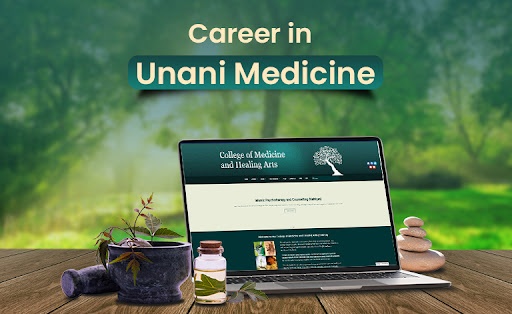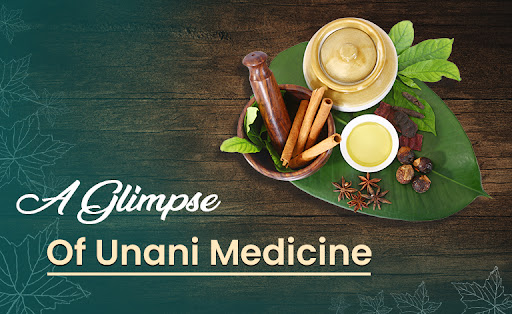In 1976, the World Health Organisation (WHO) decided to promote traditional medicines. Since then, we have seen a relentless rise in the acceptance and practices of Ayurvedic Medicine, Traditional Chinese Medicine, etc. Unani Tibb is another popular traditional medicine that has gained massive popularity over the horizon of time.
Similar to any form of traditional medicine, Unani Tibb is minimally invasive compared to modern medicines. We can notice the broad utilisation of traditional medicines in China, Korea, Japan, India, and the Middle Eastern countries. Due to their significant healing benefits, some developed countries are also embracing conventional medical systems like the Unani Tibb. Now you can even study and practise Unani medicine in the UK and other countries in Europe. But before you register for an Unani Tibb course online, please check out its fundamentals

What Is Unani Medicine?
Yunani or Unani is a Perso-Arabic traditional medicine system widely popular in Muslim culture and societies. However, the term Yūnānī means ‘Greek’. The philosophy of Unani Tibb is based on the teachings provided by noble Greek physicians Galen and Hippocrates. It justifies the naming process of this traditional medicine. The influence of Indian and Chinese conventional medication can also be seen in Unani medicine. Early Muslim physicians contributed significantly to this medicine system with adding from the Islamic heritage.
This medical system is widely popular in Central Asia, South Asia, Southeast Asia, etc. As already mentioned above, medical professionals and scholars from the Western world are also encouraging the acceptance and utilisation of Unani Tibb.
Why Unani Medicine Is Better Than Allopathy?
Allopathy is a Western medical system. Drugs used in allopathic medicines are made of artificial or synthetic compounds. Unani medication, on the other hand, taps the lifesaving benefits of herbal ingredients. Unani Tibb experts take a natural approach to curing diseases.
Contrary to the popular belief, allopathic treatment philosophy focuses on suppressing the symptoms. However, Unani medicine tries diagnosing the source that has caused the disease. Though the healing process may take some time in Unani Tibb, the disease is usually eliminated from the roots. In contrast, allopathic medicines may work fast in treating the symptoms, but symptoms may keep recurring since they are not cured from the root.
So, the only drawback (if it can be termed as such) in Unani Tibb is its time demanding nature to cure an illness, but in the end, it can provide the desired result. You typically do not experience any side effects when consuming Unani medicines. Allopathic medicines may give you fast relief, but their long-term consumption is accompanied by a plethora of side effects.
Pursuing Unani Tibb Course Online
We hope that the concept of Unani medicine has been made clear. Interested individuals can pursue Comha’s Unani Tibb course online and master the art of holistic healing. Completing our course will also give you the licence to practise Unani medicine under the UK legislation.
Contact us now to learn more about our Unani Tibb course and other online programmes.



